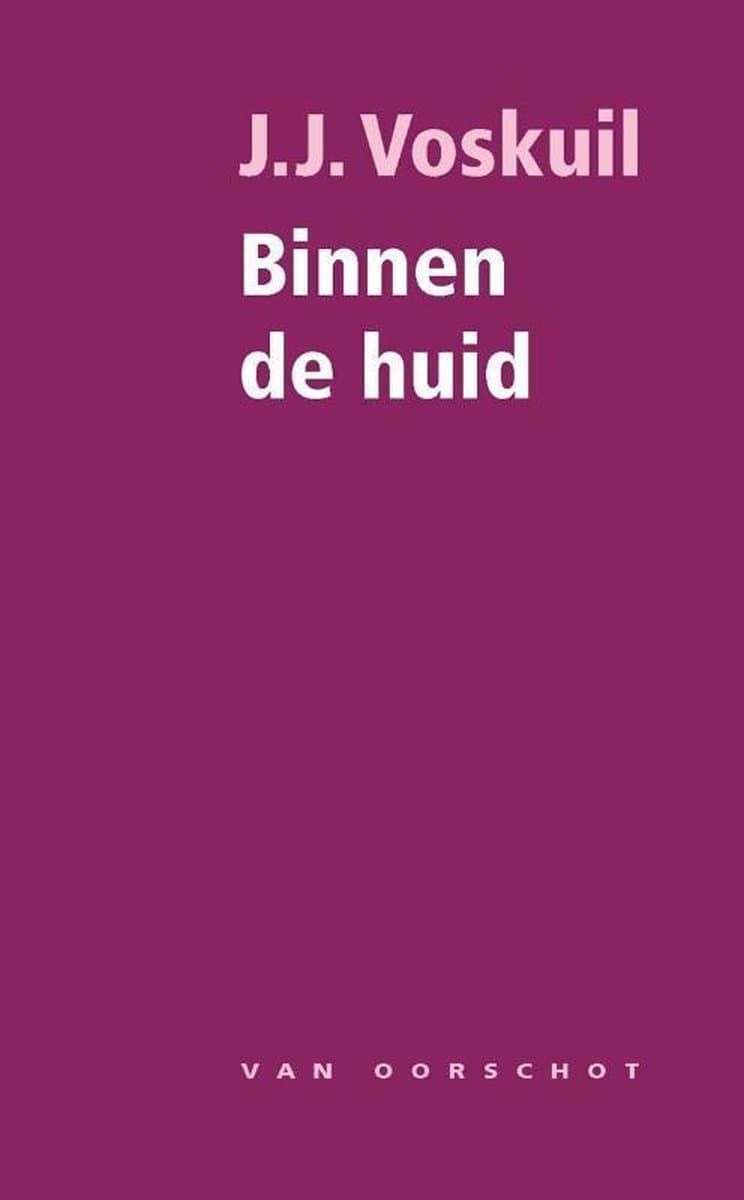J.J. Voskuil
J.J. Voskuil (1926-2008) stands alone in Dutch literature. In 1963 he published 'Bij nader inzien' (On Second Thoughts), a twelve-hundred-page novel which describes with photographic precision the lives of a group of students in Amsterdam between 1946 and 1953.

For thirty-three years Voskuil was a one-book author and this book seemed to be attaining cult status, especially after its successful adaptation for television in 1991. Until 1990 Voskuil worked at the Bureau for Dialectology, Folklore and Onomastics. Following his retirement he wrote the novel cycle Het Bureau: seven books, a total of 5,500 pages, published between 1996 and 2000. Part two of the cycle, Vuile handen (Dirty Hands), has been shortlisted for the 1997 Libris Literature Prize. A year later Plankton, volume three of the cycle, was awarded the same Libris Prize.
More J.J. Voskuil
.jpg&w=828&q=75)
The A.P. Beerta Institute (The Bureau 4)
Interest in the megalomaniac novel cycle 'Het Bureau', is starting to assume unprecedented proportions. The appearance of the fourth part of the ‘world’s longest novel’ was a major news item and people rushed to the bookshops to pick up their copy of the latest volume. Readers who have followed Maarten Koning, Voskuil’s alter ego, through the first three volumes find themselves hooked on Koning’s melancholy musings, his acuteness and his merciless descriptions of his colleagues.

Inside the Skin
‘He was in a quandary right to the end,’ writes Lousje Voskuil-Haspers in the foreword to 'Inside the Skin', ‘because of the intimate nature of the book and his not wanting to hurt anyone.’ The author, who died last year, had misgivings about publication and left the final decision to his wife. It is hardly surprising that Voskuil had his doubts or that his wife could not easily decide what to do, since Inside the Skin is a remarkable account of the emotional roller-coaster the author finds himself on when he falls in love with his best friend’s wife. There can be few books in world literature that expose so inexorably the contradictions in the author’s own attitude and feelings. The central character wants to be consistent but is tossed back and forth by his emotions. All this against the background of a 1950s intellectual milieu in which opposition to bourgeois morality appears to be the most important of values.